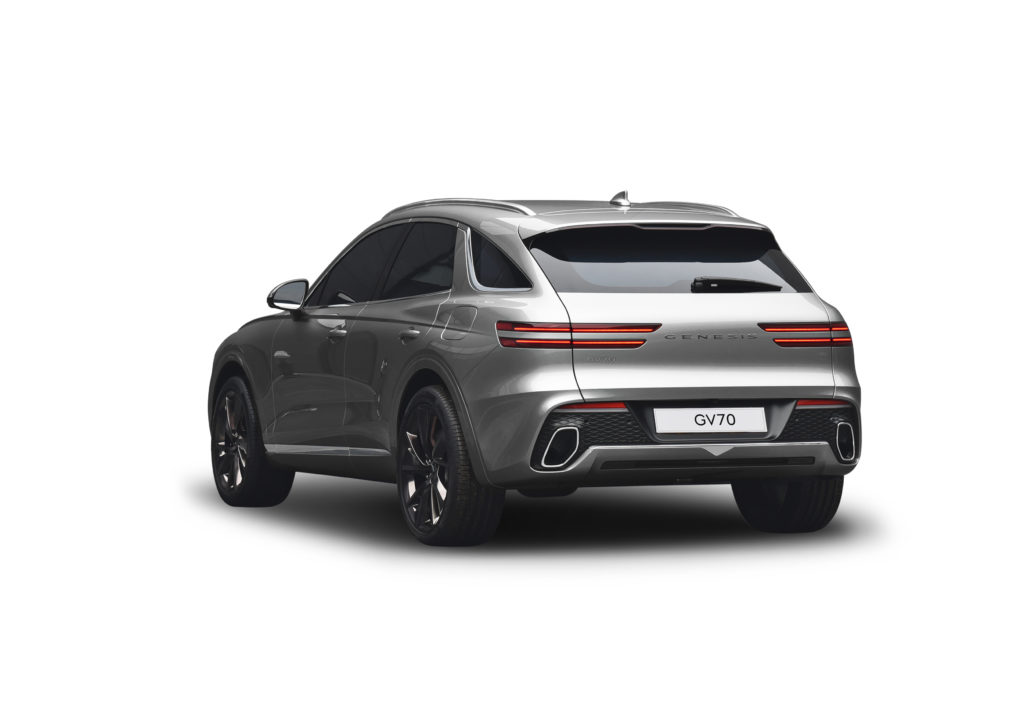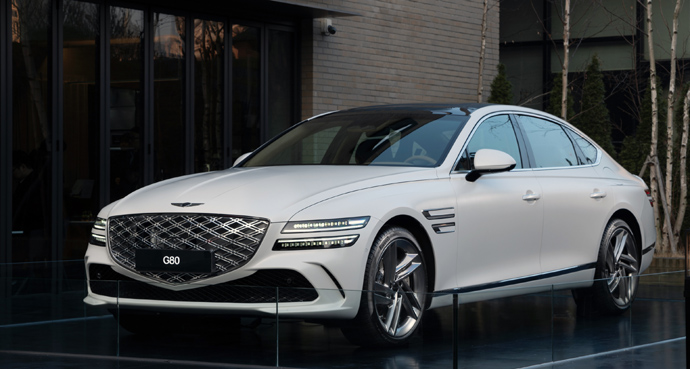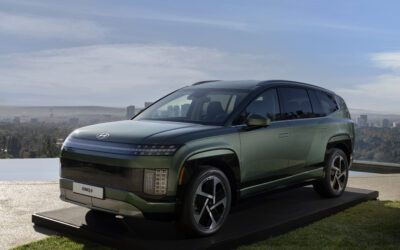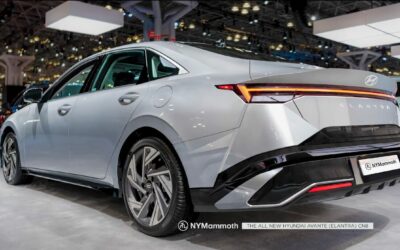Genesis is set to introduce their first ever hybrid model earlier than expected. This strategic move marks a significant pivot from the company’s initial plan to transition its fleet to purely electric vehicles (EVs) by 2025. This article delves into the reasons behind this shift, the development of the new hybrid engine, and its implications for the future of Hyundai Motor Group and the automotive industry at large.
Understanding the Market Shift
The decision to introduce a Genesis hybrid model is a direct response to the observed slowdown in demand for electric vehicles. Despite the automotive industry’s aggressive push towards electrification, Hyundai has noted a shift in consumer preference, underscored by a decrease in its EV sales share by 0.4 percentage points to 5.3% in the last quarter of 2023. Conversely, hybrid vehicle sales saw a substantial increase, capturing 10.6% of the company’s sales share. This trend has not only been noted domestically but also by overseas dealers, particularly in the United States, prompting Hyundai to adapt its strategy accordingly.
The Genesis Hybrid: A New Chapter
Hyundai Motor Company has been at the forefront of hybrid technology development since last year, focusing on creating a new hybrid engine and system that includes an additional motor compared to previous models. This technological advancement is set to be featured for the first time in Genesis G80 & GV70, which are Genesis’ best selling cars. The introduction of the Genesis hybrid model represents a tactical maneuver to address the current market dynamics while maintaining a competitive edge in the luxury vehicle segment.

Strategic Realignment: From EVs to Hybrids
Originally, Genesis had ambitious plans to convert its entire lineup to electric vehicles starting in 2025. However, the anticipated slowdown in EV demand has prompted a strategic reassessment, leading to the incorporation of hybrid vehicles into its product range. This shift is not merely a reaction to market trends but also a reflection of customer priorities, with a notable emphasis on charging time over distance per charge. Despite advancements in ultra-fast charging technology, the reality of charging infrastructure limitations has made hybrid vehicles an attractive alternative for consumers seeking convenience and efficiency.
Future Implications and Industry Perspectives
The move to increase hybrid offerings, while beneficial in the short term, raises questions about Hyundai’s long-term positioning in the rapidly evolving automotive landscape. Critics argue that delaying the transition to electric vehicles could widen the gap with competitors like Tesla, particularly as the industry moves towards software-based vehicle (SDV) concepts. SDVs, which are more suited to electric vehicles due to their high electricity usage and large battery capacities, represent the future of automotive innovation.
Conclusion
Hyundai Motor Company’s decision to launch a Genesis hybrid model is a strategic response to the shifting dynamics of the automotive market. By adapting to consumer preferences and technological limitations, Hyundai aims to maintain its leadership position while navigating the challenges of transitioning to a more sustainable and technologically advanced automotive future. As the industry continues to evolve, Hyundai’s ability to balance immediate consumer needs with long-term strategic goals will be crucial in defining its success in the era of electric and hybrid vehicles.






